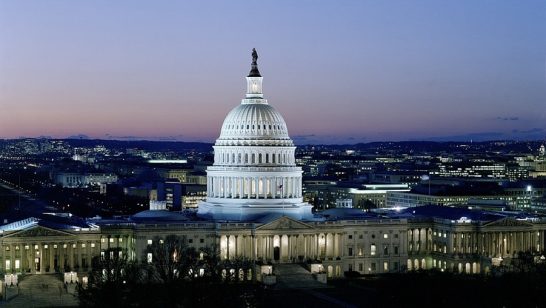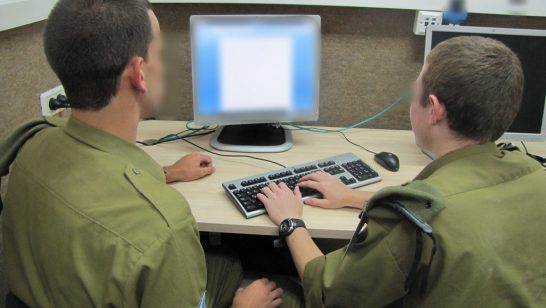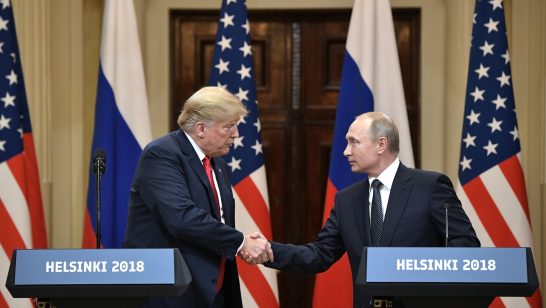
No-one has ever yet lost money betting against the realisation of the more ambitious aspirations for Nuclear Non-proliferation Preparatory Conferences, and they are not likely to do so in 2014, perhaps not also at next year’s Review Conference, either. The background is not propitious. The Middle East is a scene of confusion, following the Arab awakening; there is sharply increased tension between Russia and most of the rest of the world following the seizure of the Crimea and threats to Ukraine; the seas around China are disputed in a rising crescendo of claims and counter-claims; North Korea continues its break-out from the disciplines of the non-proliferation regime; and the jury is still out on the attempt to reach a comprehensive agreement over Iran’s nuclear programme. All these developments represent threats to the objectives agreed at the last Review Conference in 2010; and all are challenges to an international community which is not finding it easy to identify collective responses to them.
Faced by such a formidable list of challenges, it is tempting to assume that nothing much can be done at next month’s Preparatory Conference, and that doing nothing much would be without serious negative consequences. That may be tempting, but it would be wrong on both counts. The nuclear non-proliferation regime, both its safeguards against the spread of nuclear weapons and its assurance of access for all countries who wish to develop civil nuclear technology, remains a cornerstone of international peace and security, albeit one under considerable stress. If the international community gives up on attempts to strengthen all aspects of that regime, the risk of nuclear arms races in some of the most unstable regions of the world becomes appreciably greater.
One of the main achievements of the 2010 Review Conference was agreement on the need to summon a conference on a WMD Free Zone for the Middle East. Since then progress has been agonisingly slow. But the informal process of bringing the parties to such a conference together around the table to discuss the ideas which would necessarily arise at it has been pursued with admirably dogged determination and patience by the UN Secretary General’s facilitator, Jaakko Laajava. It is surely important that next month’s Preparatory Conference do all it can to encourage and strengthen the hand of the facilitator to continue that process and eschew the temptation to relapse into a blame game over responsibility so far to convene the full conference mandated in 2010.
It is regrettable too that the deadlock over initiating negotiations for a Fissile Materials Cut-Off Treaty has persisted in the Conference on Disarmament, thanks to Pakistan’s obduracy. But at least now a UN General Assembly-mandated Working Group has begin to look at the issues that would need to be addressed in such a treaty. The Preparatory Conference could welcome and support that work. And it would be good if it became clear that the vast majority of the UN members, who want to see progress towards such a treaty, were not prepared to wait for ever for consensus to be reached in the CD, as indeed they did not do in the case of the Comprehensive Test Ban Treaty and of other arms control agreements such as those on landmines and cluster munitions, and the recently concluded Arms Trade Treaty.
No doubt the Preparatory Conference will, as usual, see a fair number of custard pies thrown at the P5 nuclear weapons states. It is high time that the P5 become more transparent about the annual sequence of meetings they have been holding, the most recent of which will just have taken place in Beijing when the Preparatory Conference meets. If they wish the non-nuclear-weapon states to recognise that their commitments to the disarmament objectives in the Nuclear Non-Proliferation Treaty are more than just warm words with not much content – as they should surely want to do – then they need to demonstrate that they are getting to grips with some of the most sensitive issues which progress towards the abolition of nuclear weapons, however distant that might be, will involve.
The Preparatory Conference will be meeting at a moment when it will still not be clear whether the negotiations for a comprehensive agreement between Iran and the P5+1, initiated by last November’s interim agreement, are going to be successful and, if so, in what time frame. But one could hope that support for that process would be firmly and clearly registered. Much is riding on its success, but it has its critics, some quite vociferous; and it is important that all appreciate how fraught with dangers extending far beyond the Gulf region would be any breakdown in the process.
Perhaps the most important objective for this year’s Preparatory Conference is to make clear the international community’s determination not to be daunted by the somewhat troubled international landscape around us at the present time, and to move towards next year’s Review Conference in a constructive and pragmatic spirit. After all, it is perhaps worth recalling that the Nuclear Non-Proliferation Treaty process survived through the worst tensions of the Cold War, and emerged in its aftermath able to make significant progress in the period that followed.
The opinions articulated above represent the views of the author(s), and do not necessarily reflect the position of the European Leadership Network or any of its members. The ELN’s aim is to encourage debates that will help develop Europe’s capacity to address the pressing foreign, defence, and security challenges of our time.



